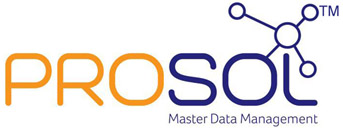
Prosol is a real-time, AI-powered master data governance tool designed to eliminate duplicate material codes, enforce global standards like UNSPSC, and prevent data decay across ERP, EAM, and CMMS platforms. Unlike annual data cleansing projects, Prosol embeds directly into your material master creation process, so your data is clean from day one.
Even the best ERPs can’t prevent bad data from entering. Over time, material masters degrade due to:
Leading to ghost stock and inaccurate inventory.
Introducing errors and inconsistencies.
Creating disparate data across locations.
Introducing errors and inconsistencies.
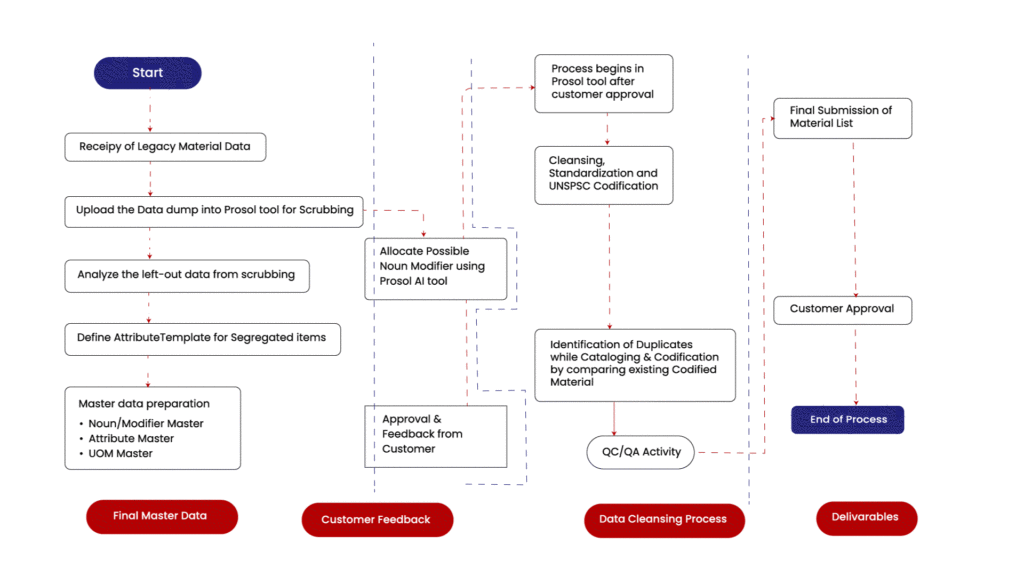
Prosol is ideal for:
| Prosol | Traditional Cleansing |
Real-time QA | Always-on validation | After-the-fact |
ML Matching | Deep Learning (LSTM, BERT) | Manual or fuzzy |
Custom Workflows | Fully customizable approval chains | One-off projects |
Ease of Deployment | Cloud/SaaS or API | Long IT timelines |
Cost Efficiency | Payback in 3–6 months | Repeats every year |

Fully compliant with ISO 8000, UNSPSC, and GDPR standards
SaaS, on-premise, or hybrid deployment
API-ready for custom integrations
Role-based access controls and audit logs
Prosol is available as:
SaaS License (monthly or annual)
Enterprise On-Prem License (with customization support)
API-Only Model (for custom front-end embedding)
Contact us for pricing based on asset count, plants, and integration needs.
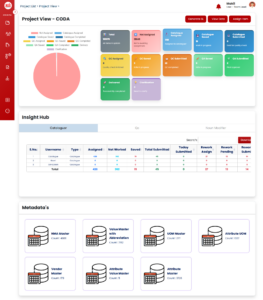
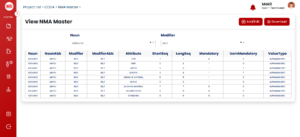
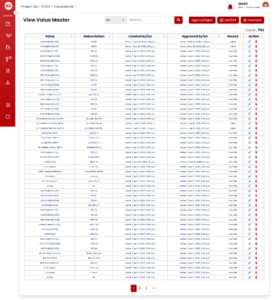
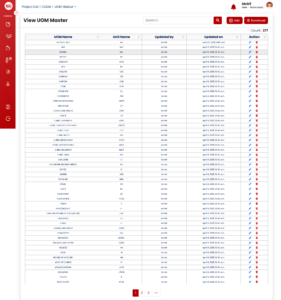
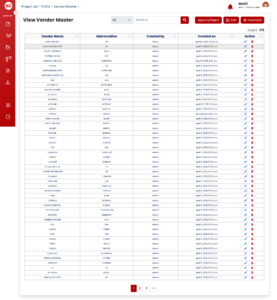
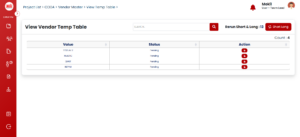
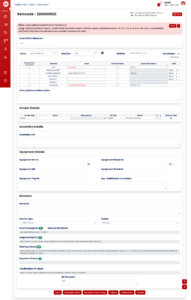
B6-2nd Floor, Gateway Office Parks–SEZ Campus, 16, GST Road, Perungalathur, Chennai - 600063, Tamil Nadu, India
